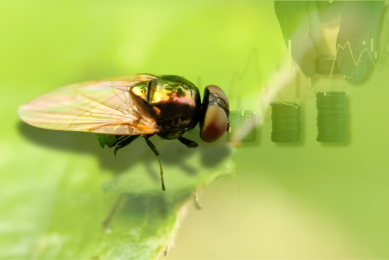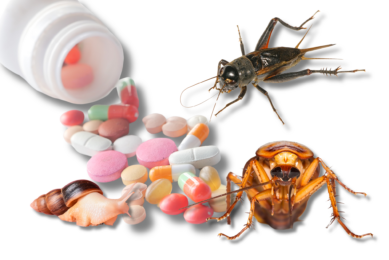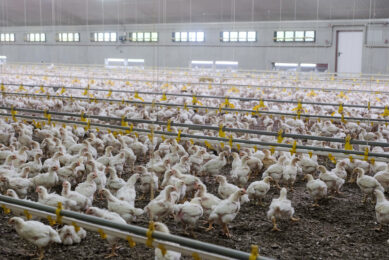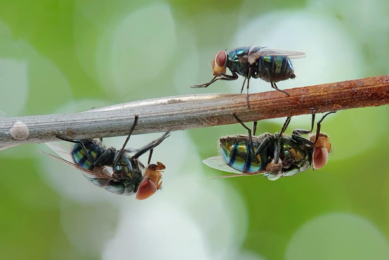Veolia gets approval to export insect products to Europe
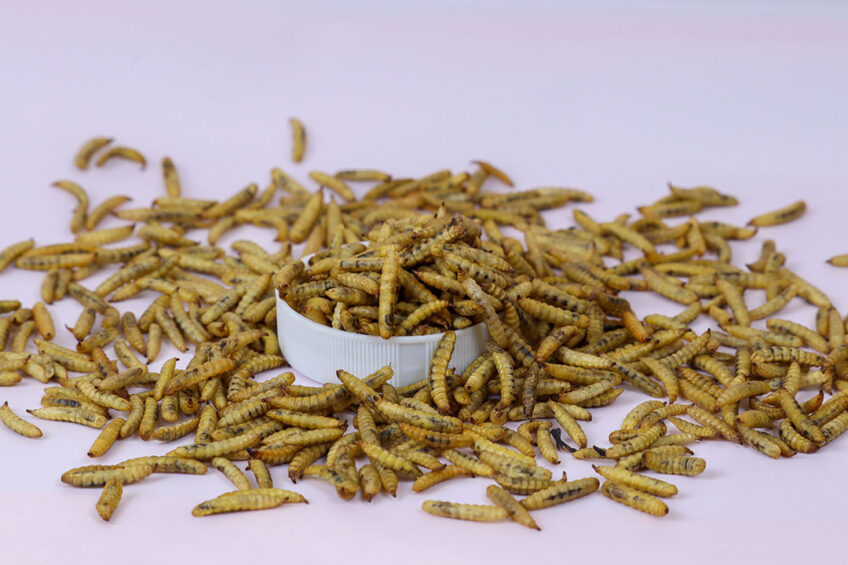
With the recently granted TRACES approval, Veolia Bioconversion Malaysia aims to be one of the major global players in the insect industry. The TRACES approval has opened doors for the export of its insect ingredients to the European market.
Veolia Bioconversion Malaysia has recently received TRACES approval from Malaysia’s Ministry of Agriculture to export insect meal and insect oil from Black Soldier Fly larvae into the European markets for use in aquaculture, livestock, and pet food.
Low environmental impact
By placing innovation and decarbonization at the heart of its activities, Veolia sees its bioconversion process as a sustainable alternative innovation with a low environmental impact to raise the global challenge of feeding 10 billion inhabitants by 2050, using less water, less energy, and less land, and producing sustainable proteins for animal feed.
Meeting European market demands
Veolia operates one of the largest insect industrial facilities in Asia, with a production capacity of 3,000 tonnes of insect products per year. According to Veolia, the insect ingredients are produced with EU industrial standards and fully compliant with EU regulations to be used in animal feed applications. The company aims to provide its clients with high-quality products and consistent supply to meet the rising European market demands.
Fabrice Latchoumanin, the General Manager of Veolia put it this way: “There is an increasing requirement for sustainable, and functional ingredients in the pet food and the aqua feed industry. Insect-based feed offers many benefits for these applications such as high digestibility and nutritious feed source. We are thrilled to provide a sustainable alternative source of protein to the European market.”
Focus on becoming a major global player
When asked to give the main reasons for entering the European market, the General Manager, Fabrice Latchoumanin was clear: “Entering the European market opens a lot of opportunities for us as this market is mature and has a higher acceptance of insect-based ingredients in various applications compared to the Asian market.”
He added that European consumers are more sensitive to sustainability and corporate social responsibility, for a better society in the sense of sustainable business practices. He highlighted that their company’s black soldier fly bioconversion process is a sustainable and effective solution for producing protein with a low environmental impact.
“This new market will enable us to enhance our visibility and is surely a big step towards establishing us as one of the major global players in the insect industry,” he said. He also added that the entrance will help them emphasise more on product quality towards their customers knowing that EU regulations are stringent.
Commenting on the revenue expectations, the Veolia management stated: “The market is getting very competitive, and this is going to influence the revenue. At this moment, we are in the market development phase and establishing business relationships.”
Asia insect protein market is growing but insect producers still need to achieve economic viability and work on educating consumers
Challenges and opportunities
Reports show that the insect protein market in Asia is growing but not without its share of challenges. As put by Veolia management, “Asia insect protein market is growing but insect producers still need to achieve economic viability and work on educating consumers.” Similarly, in a recent research conducted in Southeast Asia, researchers highlighted that a clear regulatory landscape, incentives from the market, support from the investment funds, and R&D from the academia and the industry are key in supporting, promoting, and accelerating the development of an inclusive and sustainable insect feed industry in the region.
However, Veolia foresees opportunities by bringing awareness to the benefits of a circular economy, meeting the demand for sustainable nutrition, and reducing dependence on traditional protein sources.
Collaboration to foster continuous growth
Commenting on Veolia’s focus on collaboration, Fabrice Latchoumanin said, “Veolia Bioconversion Malaysia operates one of the largest insect industrial facilities in Asia. The facility adheres to the highest industrial standards with ISO 22000, GMP and HACCP certification and meets the most stringent regulation requirements. Veolia has a production capacity of 3,000 tons of insect products per year, and that allows us to be a robust and stable partner to work with. We want to foster continuous growth in bioconversion to help meet global demand for alternative protein sources.”
He added: “We are collaborating with business partners to optimise our product distribution in Europe. We are going to allocate an appropriate volume of our production to meet the European market dynamics.”




